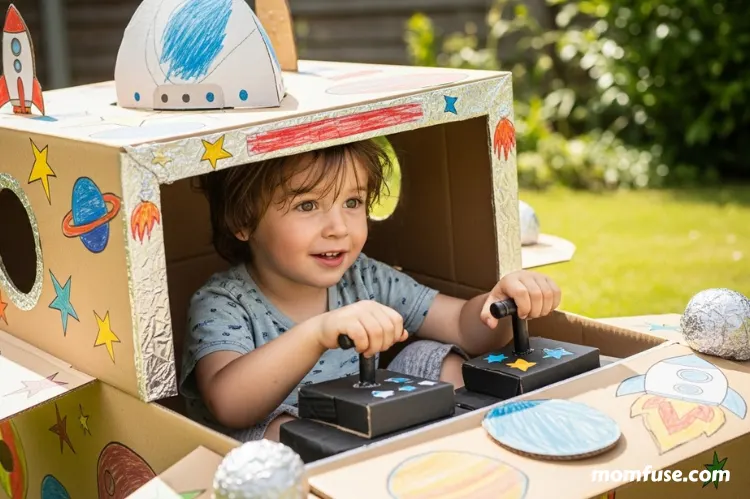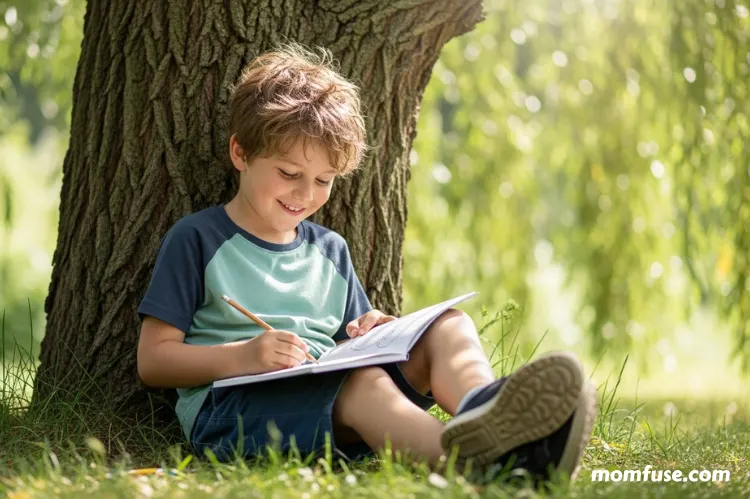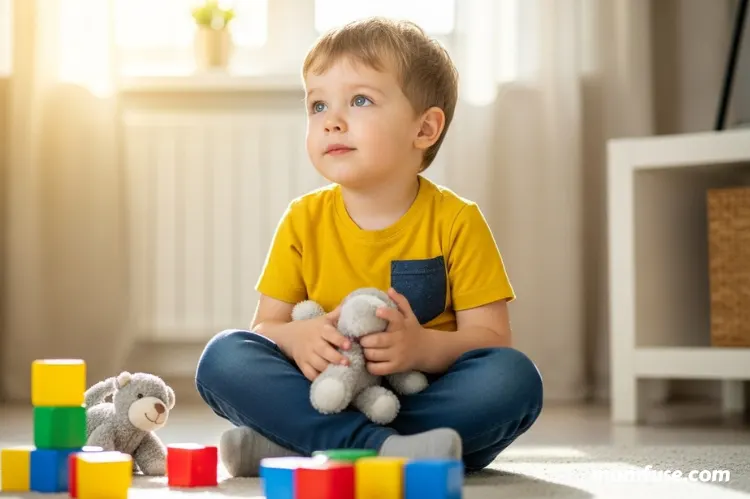The phrase “I’m bored” can often send parents scrambling for the nearest activity, screen, or structured playdate. Yet, child development experts are increasingly highlighting that boredom, far from being a state to be avoided, is actually a crucial ingredient for a healthy childhood. Allowing children the space to experience and navigate boredom can unlock a wealth of developmental benefits, encouraging creativity, resilience, and the development of essential life skills.
The Creative Spark of Nothing-To-Do

When children aren’t constantly entertained or directed, their minds are free to wander. Whether they are your own children or you are a foster carer with Fostering People, mental downtime is fertile ground for their imagination and creativity to flourish.
Without a pre-defined activity, a child might transform a simple cardboard box into a spaceship, a pile of cushions into a fort, or a walk in the garden into a grand expedition. This kind of self-directed play, born from a moment of boredom, encourages children to think outside the box, experiment with ideas, and invent their own forms of amusement. It’s in these unstructured moments that they learn to become resourceful, turning everyday objects into props for their imaginative worlds.
Building Essential Life Skills

Navigating boredom is, in itself, a valuable learning experience. It teaches children problem-solving skills as they figure out how to occupy themselves. This process helps them to develop initiative and learn to take the lead in their own entertainment.
Furthermore, experiencing periods of quiet and stillness can help build patience and the ability to delay gratification – increasingly important skills in a world of instant everything. When children learn to cope with the initial discomfort of boredom, they build resilience and the capacity to manage their own emotional states. This self-regulation is a cornerstone of emotional intelligence and will serve them well as they grow.
The Importance of Unstructured Play

Boredom often paves the way for unstructured play, which is vital for a child’s overall development. Unlike adult-led activities with specific rules and outcomes, unstructured play allows children the freedom to explore, make their own decisions, and learn at their own pace.
This type of play helps develop crucial social skills as children learn to negotiate, collaborate, and communicate with peers when devising their own games and activities. It also contributes to physical development by encouraging movement and the refinement of motor skills. Moreover, unstructured play provides a safe space for children to process emotions, experiment with different roles, and make sense of the world around them.
Resisting the urge to immediately fill every quiet moment for your child can be challenging, but it’s essential for them to reap the benefits of boredom.
By stepping back and allowing children the space to be bored, parents are giving them a valuable gift. It’s an opportunity for them to discover their inner resources, cultivate their creativity, and develop the resilience they need to navigate the complexities of life. So, the next time you hear “I’m bored,” try to see it not as a problem to be solved, but as an invitation for your child’s imagination to take flight.
Read Next: 8 Fun and Simple Fine Motor Skill Activities for Young Children
Jessica Fuqua is a mom of two who writes about the messy, beautiful reality of raising kids. She believes parenting advice should feel like a conversation with a friend, not a lecture. When she’s not writing, she’s probably reheating the same cup of coffee for the third time.

